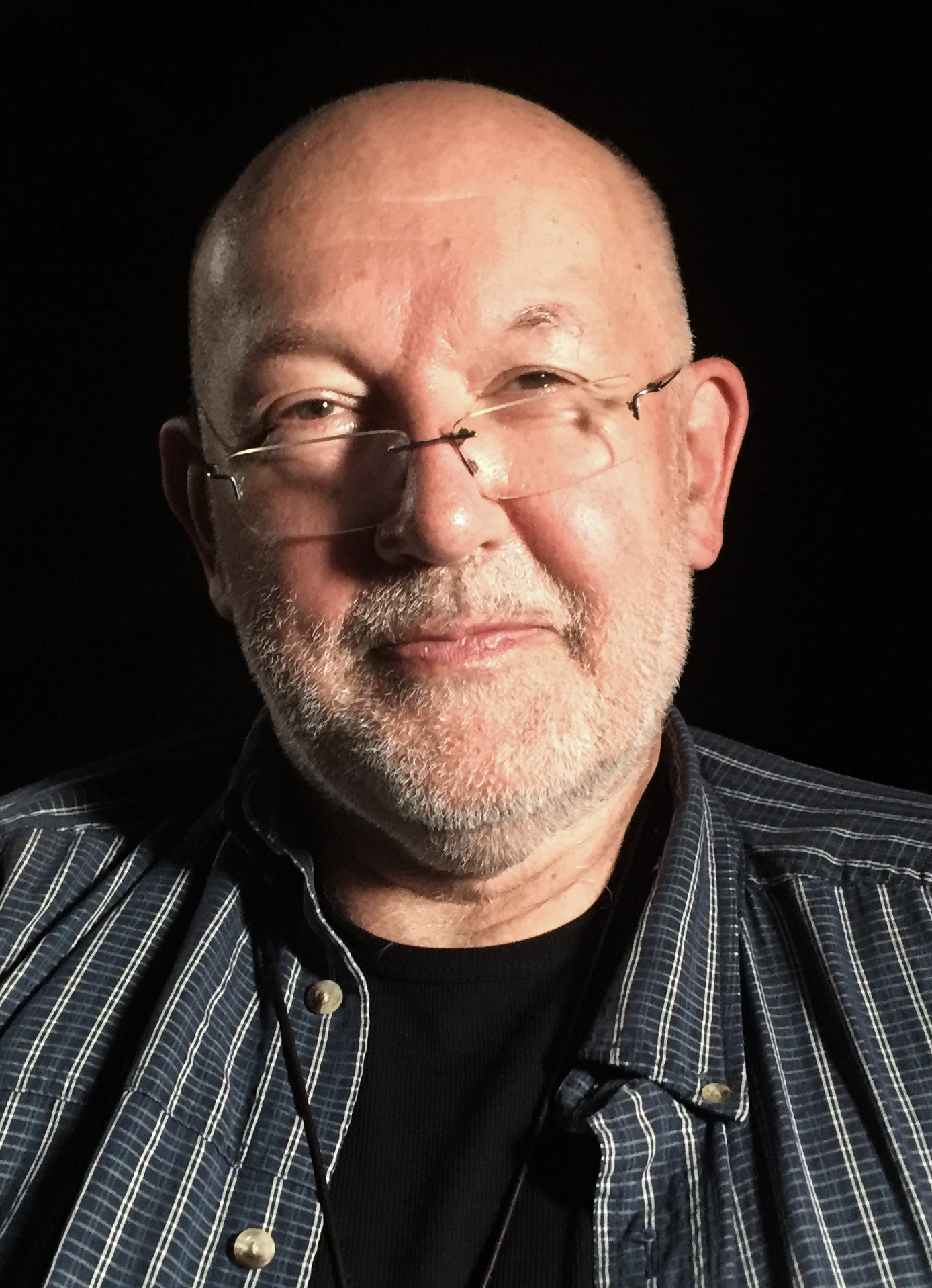If you won´t get me a post in the Občanské fórum (Civic Forum) you might as well fall off the balcony

Download image
Jiří Soukup M.D. was born on September 9th of 1953 in Praha – Podolí, but he had been living in Horní Bukovina near Mnichovo Hradiště since he was six years old with his grandparent Josef and Jarmila Drahoňovský. His parents Jiří and Jarmila Soukup lived in Praha´ district of Vinohrady and worked in the educational system. His father was a physical education teacher and was involved in the theory of skiing; his mother worked as an educator. After the Warsaw Pact invasion of 1968, his father left the Communist Party and since the purges at the beginning of the 70s he wasn´t allowed to teach and publish. Jiří had not been affected by the persecution against his father so in 1978 he graduated from the Prague´ Faculty of Medicine, specialising in paediatrics. After that, together with his wife, he started to work at the Jilemnice hospital children´s ward. In November 1989, he joined the revolution. He was one of the founders of Občanské Fórum (Civic Forum) in Jilemnice. In 1990, he was he was elected the Federal Assembly member representing the Občanské Fórum, after its break-up he joined the Občanské Hnutí (Civic Movement). In 1991, he was deputy chief of the OÚNZ Semily. He was the Federal Assembly member till the 1992 elections. Thereafter, he worked as a physician. He started a private child emergency care with his wife, and in 2004, they took over general private emergency care in Harrachov. Now, they both have retired, but still they have been working at three healthcare facilities – in Harrachov, Kořenov and Roytnice nad Jizerou. Jiří also has been a council member of the Konto Bariéry Foundation.

